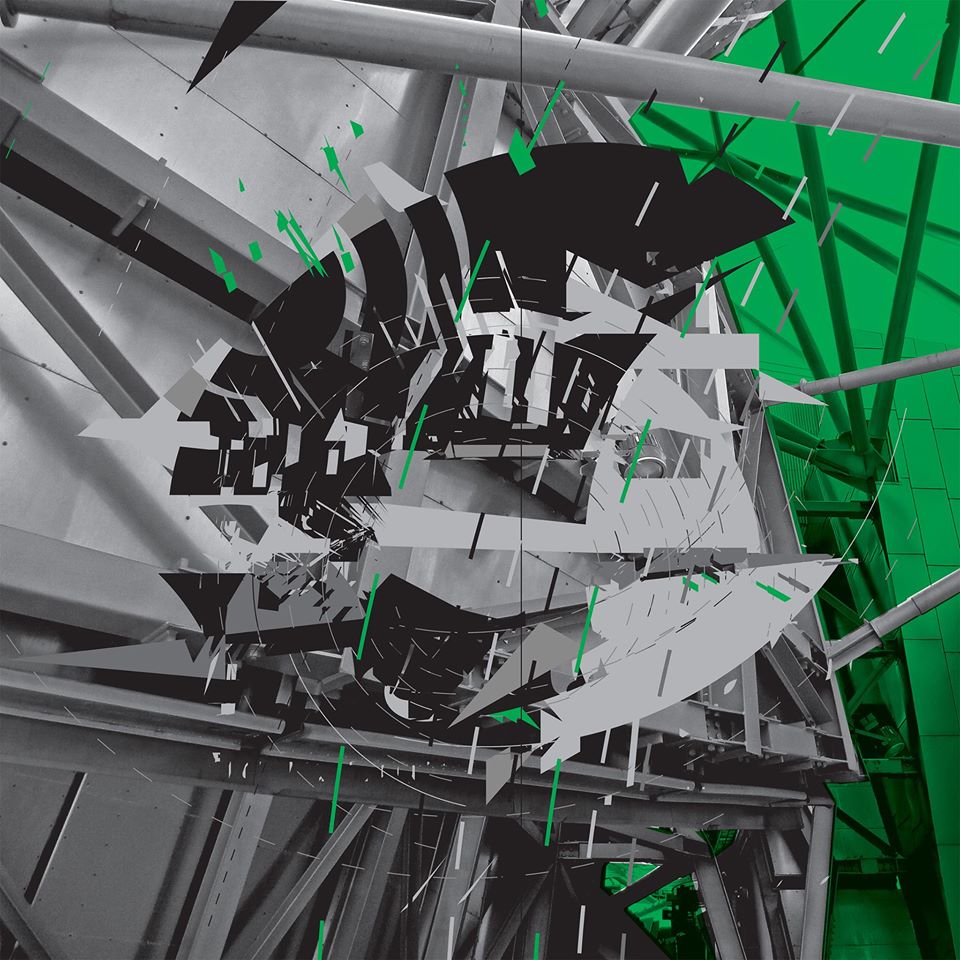
2015, self-released
![]()
![]()
![]()
![]()
![]()
5 out of 5
Just shy of the two-minute mark in Untitled I there's a moment that captures everything that Rosetta have perfected over twelve years, yet represents a significant evolution. Amid an uncharacteristically uptempo buildup of delay-soaked guitars and rolling bass and percussion in Quintessential Ephemera's first full song, the band takes the momentum of the section and through a subtle harmonic change, downshifts it. It's a few seconds of expertly crafted tension-building. We can tell something huge is coming, but they're going to make us wait for it.
This isn't the biggest or most obvious departure on an album that puts tight arrangements and melodic vocals front and center when the band previously has eschewed both. But the timing and refinement of this instrumental section in Untitled I is masterful and deserves attention as an example of what Rosetta have accomplished on their fifth (and second independently released) LP. It shows a songwriting maturity for a band that despite clearly standing out among its peers in both the immersive atmospheric and crushingly heavy extremes of post-metal soundcraft, has often struggled to weave them into engaging songs. But not this time. More than on any previous release, except perhaps 2007's stellar Wake/Lift, ideas are introduced, developed at perfect pace, and paid off fully.
Without knowing many details of the band's self-described democratic writing process, I have to assume that much of the credit lies with new guitarist/vocalist Eric Jernigan, who with primary band City of Ships serves a main songwriting role. Jernigan has adapted seamlessly to Rosetta's sonic environment, trading melodies, textures, and crushing riffs with founding guitarist Matt Weed. The two guitarists, and the airtight rhythm section of David Grossman and BJ McMurtrie have lost none of their ability to wring every bit of emotion out of a single melodic idea, but they avoid the trap of letting it get repetitive or disjointed this time.
Throughout the record, and particularly on the second half, Jernigan's melodic vocals take on a very central role. The change is likely to be divisive—Rosetta have fully embraced vocal melodies, after just flirting with them nervously one the past few releases, and even then to mixed reactions. The extreme juxtaposition of delicate ambiance and Armine's tortured scream has long been a cornerstone of the band's identity, and this decisive turn toward accessibility could have been a risky gamble had the band not handled it so well. Fortunately, the inclusion of prominent singing doesn't diminish any authenticity, and nothing feels out of place or sandwiched in. It doesn't hurt that Jernigan is on his own quite a versatile singer, and his performance on the five songs where he provides vocals ranges from lulling cleans to a near-scream that bridges the gaps between previously disparate elements of Rosetta's sound wonderfully.
The interplay between the vocals of the now five members, who for the first time on a Rosetta album each contributed some, at no point suggests that they're new at this, and at its best leads so some of the more exciting moments of the band's catalouge. Notably the call-and-response climax between Jernigan and Armine at the end of Untitled VI and the five-part choral section at the end of Untitled III are incredibly well done and moving. Yes, vocal harmonies in Rosetta. Something I never thought I'd be praising them for.
Though Ephemera—conceptually based on the isolation and shallowness of high-tech modern communication—explores a fairly dark theme, musically it's largely uplifting and hopeful. In various interviews, the band has framed the album as a counterpoint to their previous record, 2013's The Anaesthete. Where that album tended toward the band's darker, angrier side, expressed through their sludgiest guitar work to date and short outbursts of rage, this one places a higher premium on the triumphant, uplifting post-rock influences that have long been a component of the band's sound. Indeed, many crushing riffs aside, Ephemera is less angry, though no less cathartic. Sonically, it's a perfect yang to Anaesthete's brooding yin, and its structure—nine untitled tracks bookended by two instrumentals—flows seamlessly from start to finish.
The risks Rosetta have taken on this album—incorporating several new elements and a layer of studio polish—have paid off in spades. Perhaps they've sacrificed some of their hardcore cred to bring out the true grandeur of their vision, but it's proven an exciting and rejuvenating step in their now more than decade-long evolution. By their own admission in a better place creatively, financially, and emotionally, Rosetta have released their most cohesive album since Wake/Lift and the most complete in their discography.
Recommended tracks: Untitled I, Untitled VII
Listen/buy here.

